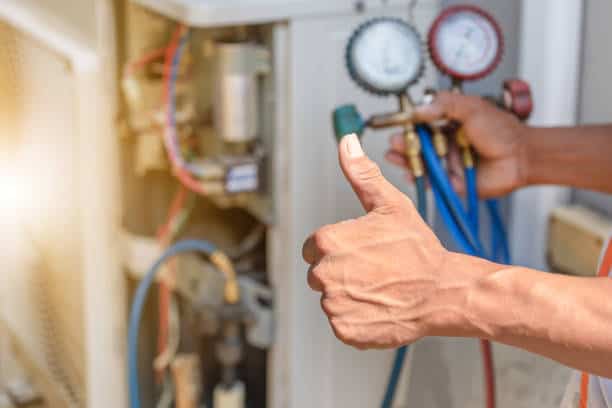HVAC Maintenance Checklist
Real Estate

Real Estate


Stay up to date on the latest real estate trends.

Here are five great reasons you shouldn’t wait to sell your house.

Experts agree there’s no chance of a large-scale foreclosure crisis like we saw back in 2008.

Being house-poor can limit your ability to build up retirement or other savings or pay off debt.

We no longer want bigger; instead, we want space that’s flexible, efficient, and brings order to chaos.

Today’s market is at a turning point, making it more essential to work with a real estate professional.

Buyer demand hasn’t disappeared, it’s just eased from the peak intensity we saw 2 years ago.

Two of the top issues consumers face are inflation and mortgage rates.

The real estate market is on just about everyone’s mind these days.

You may be considering your options and trying to picture a whole new stage of your life.
You’ve got questions and we can’t wait to answer them.